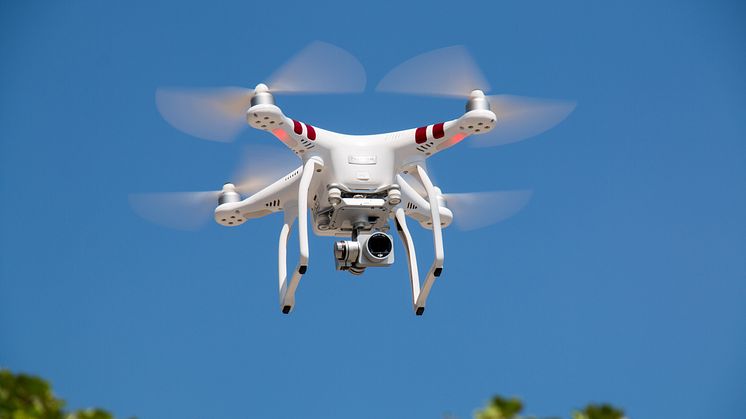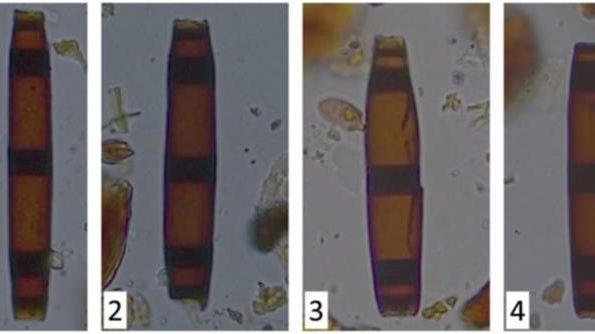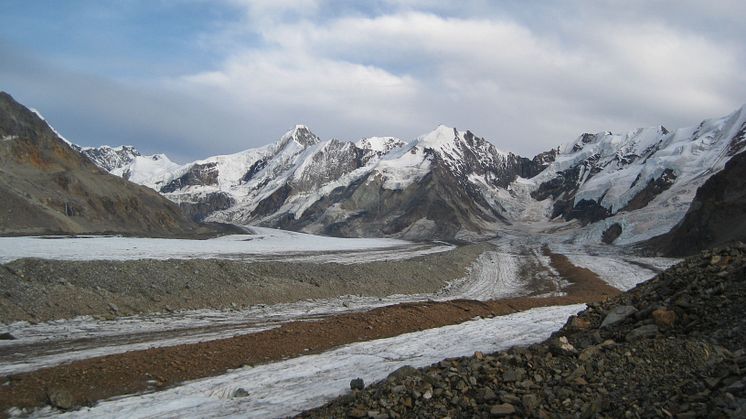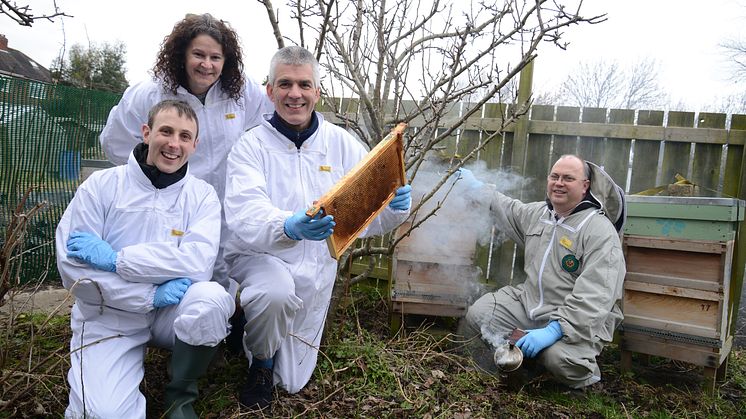
Press release -
A robotic revolution for urban nature
Drones, robots and autonomous systems can transform the natural world in and around cities for people and wildlife.
International research, involving over 170 experts and coordinated by a Northumbria University academic, assessed the opportunities and challenges that this cutting-edge technology could have for urban nature and green spaces.
The researchers highlighted opportunities to improve how we monitor nature, such as identifying emerging pests and ensuring plants are cared for, and helping people engage with and appreciate the natural world around them.
As robotics, autonomous vehicles and drones become more widely used across cities, pollution and traffic congestion may reduce, making towns and cities more pleasant places to spend time outside.
But the researchers also warned that advances in robotics and automation could be damaging to the environment.
For instance, robots and drones might generate new sources of waste and pollution themselves, with potentially substantial negative implications for urban nature. Cities might have to be re-planned to provide enough room for robots and drones to operate, potentially leading to a loss of green space. And they could also increase existing social inequalities, such as unequal access to green space.
The research, recently published in Nature Ecology & Evolution, is authored by a team of 77 academics and practitioners. Among them is first author Dr Mark Goddard, who conducted the work whilst at the University of Leeds before joining Northumbria as a Vice-Chancellor’s Research Fellow within the Department of Geography and Environmental Sciences in Autumn 2019.
Speaking about the findings he said: “Spending time in urban green spaces and interacting with nature brings a range of human health and well-being benefits, and robots are likely to transform many of the ways in which we experience and gain benefits from urban nature.
“Understanding how robotics and autonomous systems will affect our interaction with nature is vital for ensuring that our future cities support wildlife that is accessible to all.”
Lead author Dr Martin Dallimer, from the School of Earth and Environment at the University of Leeds, added: “Technology, such as robotics, has the potential to change almost every aspect of our lives. As a society, it is vital that we proactively try to understand any possible side effects and risks of our growing use of robots and automated systems.
“Although the future impacts on urban green spaces and nature are hard to predict, we need to make sure that the public, policy makers and robotics developers are aware of the potential pros and cons, so we can avoid detrimental consequences and fully realise the benefits.”
The researchers conducted an online survey of 170 experts from 35 countries, which they say provides a current best guess of what the future could hold.
Participants gave their views on the potential opportunities and challenges for urban biodiversity and ecosystems, from the growing use of robotics and autonomous systems. These are defined as technologies that can sense, analyse, interact with and manipulate their physical environment. This includes unmanned aerial vehicles (drones), self-driving cars, robots able to repair infrastructure, and wireless sensor networks used for monitoring.
These technologies have a large range of potential applications, such as autonomous transport, waste collection, infrastructure maintenance and repair, policing and precision agriculture.
This work was funded by the Engineering and Physical Sciences Research Council (EPSRC).
Topics
Categories
Northumbria is a research-rich, business-focused, professional university with a global reputation for academic excellence. Find out more about us at www.northumbria.ac.uk --- Please contact our Media and Communications team at media.communications@northumbria.ac.uk with any media enquiries or interview requests ---









